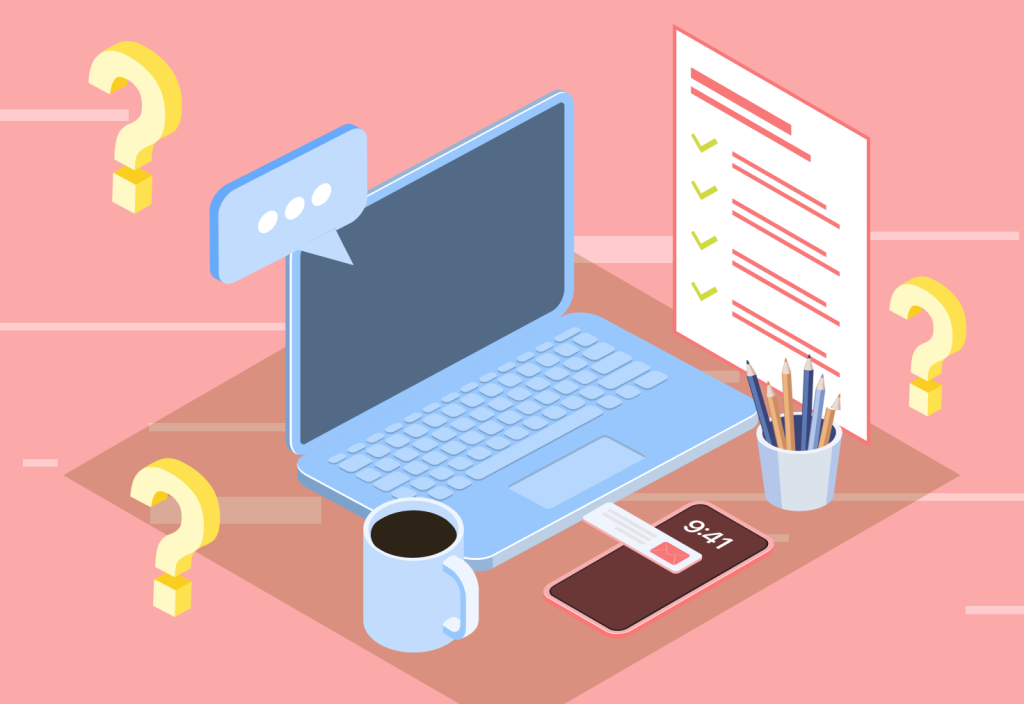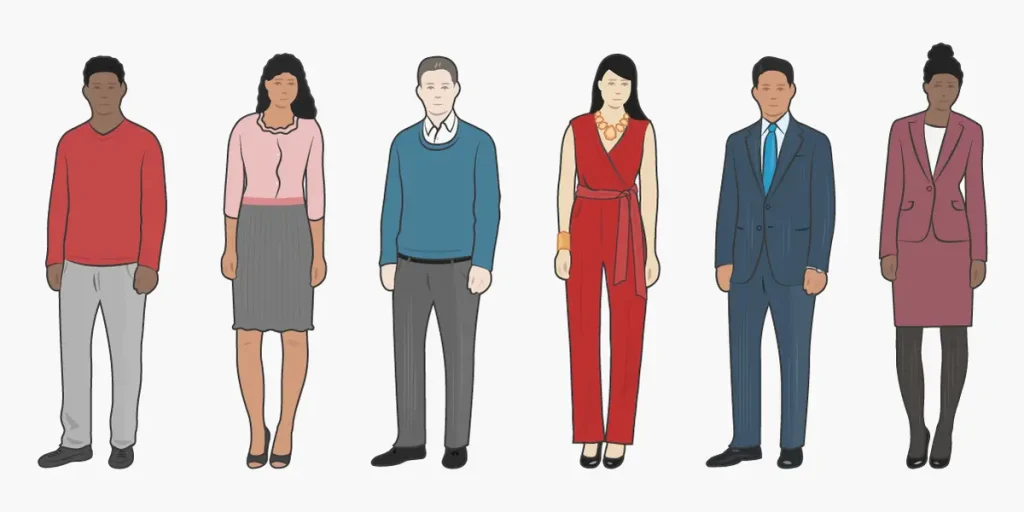Tips for acing job interviews

Job interviews can feel nerve-wracking, but they’re also your best opportunity to make a strong impression and land your dream job. With the right preparation and mindset, you can confidently present yourself as the ideal candidate. Whether you’re interviewing for your first job or aiming to advance your career, here are some practical tips to help you ace any job interview.
1. Research the Company Thoroughly

Before stepping into an interview, invest time in researching the company. Learn about its mission, values, products, services, recent news, and work culture. Familiarize yourself with their website, social media pages, and any recent press releases.
This preparation allows you to tailor your answers to align with the company’s goals and values. For example, if the company values innovation, you can highlight specific experiences where you introduced new ideas or solutions. Demonstrating that you understand the company shows genuine interest and sets you apart from other candidates.
2. Understand the Job Description Clearly
Read the job description carefully to identify the skills, qualifications, and responsibilities required for the role. Make a list of your experiences that match these requirements. Be ready to give specific examples of how you’ve used these skills in previous roles, internships, or projects.
Interviewers appreciate candidates who can connect their abilities to the job’s demands. This also shows that you’ve taken the time to understand what the role entails and how you can contribute effectively.
3. Prepare Answers to Common Interview Questions
Certain interview questions are asked frequently across industries. Preparing for these in advance can give you a strong advantage. Some common questions include:
- “Tell me about yourself.”
- “What are your strengths and weaknesses?”
- “Why do you want to work here?”
- “Can you describe a challenging situation and how you handled it?”
- “Where do you see yourself in five years?”
Practice answering these questions in a structured and concise manner. Use the STAR method (Situation, Task, Action, Result) for behavioral questions to provide clear and compelling examples.
4. Dress Professionally and Appropriately

Your appearance plays a role in the first impression you make. Dress professionally, keeping the company culture in mind. For corporate roles, formal business attire is ideal. For startups or creative industries, business casual may be more appropriate.
Neat grooming, polished shoes, and minimal accessories reflect that you respect the interview process and take the opportunity seriously.
5. Practice Good Body Language
Non-verbal communication speaks volumes during an interview. Maintain good posture, offer a firm handshake, and make eye contact to convey confidence. Avoid crossing your arms, slouching, or fidgeting, as these can signal nervousness or disinterest.
A warm smile and attentive listening show that you are engaged and respectful. Practicing your body language in front of a mirror or with a friend can help you appear more composed on the big day.
6. Ask Insightful Questions
At the end of most interviews, candidates are given the chance to ask questions. This is your opportunity to stand out. Prepare thoughtful questions that reflect your interest in the role and the company. For example:
- “How does this role contribute to the company’s overall goals?”
- “What does a typical day look like for someone in this position?”
- “What qualities make someone successful in this role?”
Avoid asking about salary or benefits in the first interview unless the interviewer brings it up. Asking insightful questions shows your enthusiasm and eagerness to contribute meaningfully.
7. Be Punctual and Polite

Arriving on time demonstrates reliability and respect for the interviewer’s time. Aim to reach the interview location 10–15 minutes early. For virtual interviews, log in a few minutes ahead to check your internet connection, microphone, and camera.
Throughout the interview, be polite and professional. Greet everyone warmly, thank the interviewer for the opportunity, and end the conversation on a positive note.
8. Follow Up with a Thank-You Note
After the interview, send a thank-you email within 24 hours. Express your gratitude for the opportunity, briefly mention something discussed during the interview, and reaffirm your interest in the role. A thoughtful follow-up can leave a lasting impression and help you stand out among other candidates.
Final Thoughts
Acing a job interview is about preparation, confidence, and genuine communication. By researching the company, understanding the job, practicing your answers, and presenting yourself professionally, you can greatly increase your chances of success. Remember that interviews are a two-way street—you’re not only being evaluated but also assessing if the company is the right fit for you.
With these tips in mind, you’ll be well-prepared to make a strong impression and move one step closer to landing your desired job.


